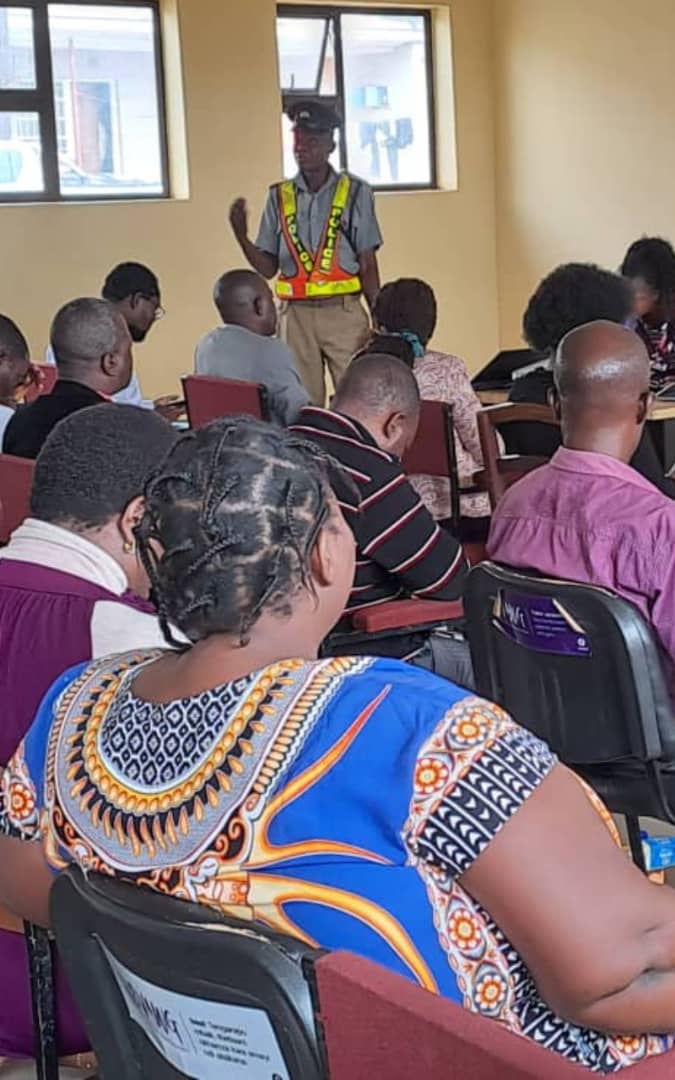Interreligious misunderstandings and judgmental attitudes toward women wearing hijab outfits did not deter Tacrema Chikwatu from pursuing her dream of becoming a spoken word poet.
In a world where we are bombarded with different perspectives on what life is composed of, each individual or society, in general, has its own take on what life is and how it is supposed to be lived. This was what led her to embark on the poetry journey.
She explains: “People don’t know this, but I’m pretty much opinionated on several aspects of life- like I have my own way of how I see things.”
In her four years participating in the poetry adventure, she has dealt with thorns of hurdles that in one way or another, have hindered or stymied her journey to success, money being top of the list.
As a devoted Muslim who is loyal to the doctrines and the religious culture, her style of dressing limits her stamina during her spoken word poetry performance. The audience is always fixated on her attire instead of the actual performance.
Chikwatu lamented: “I never had the courage to speak or voice out my opinions because I had always been scared of being judged. But after I started poetry all that changed and I’m no longer afraid.”
Asked why she joined the mans dominated field Chikwatu said that her touch of poetry is different from the rest and that is what makes her stand out, “There are a lot of poets around but all those have stories to tell different from mine. They all have their own styles and I have mine too which is unique. That’s why I still went on to do poetry despite there being a thousand other poets in the world,” she nailed her point.
According to her, the hijab represents respectful behaviour for women and to some extent prevents rapists from doing their dirty business.
Talking about how hijab prevents body-shaming Chikwatu said: Exposing your body exposes you to criticism, and you have to be ready for that- body shaming is a terrible thing and personally I do not tolerate it – but it’s rare to find someone who wears a proper hijab being body shamed in public because people don’t get to do that since you’re covered. I’m not saying hijabees don’t get body-shamed, we do, but not as much as others.”
She concluded by pleading with people of all kinds in society to stop stereotypes and all sorts of discrimination against the dressing of Muslim women and girls.




